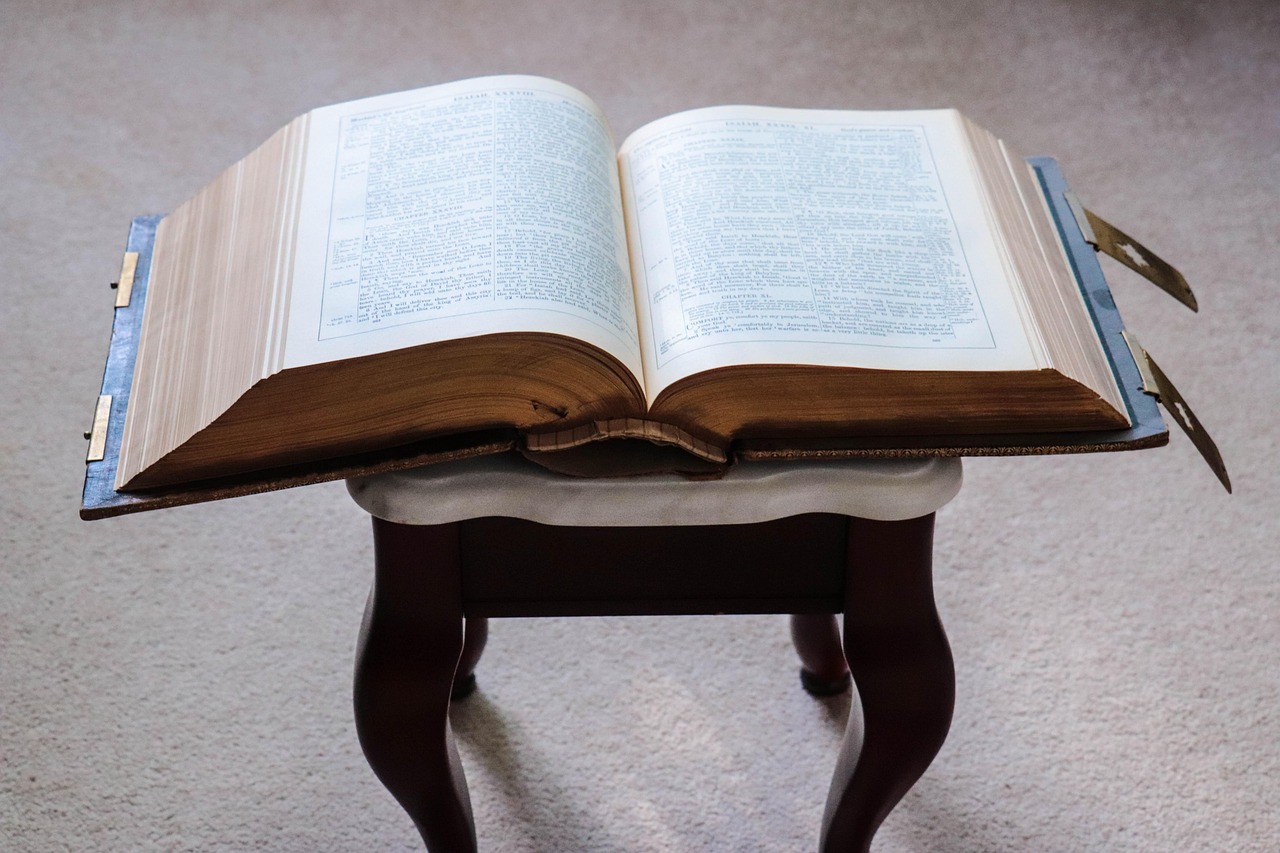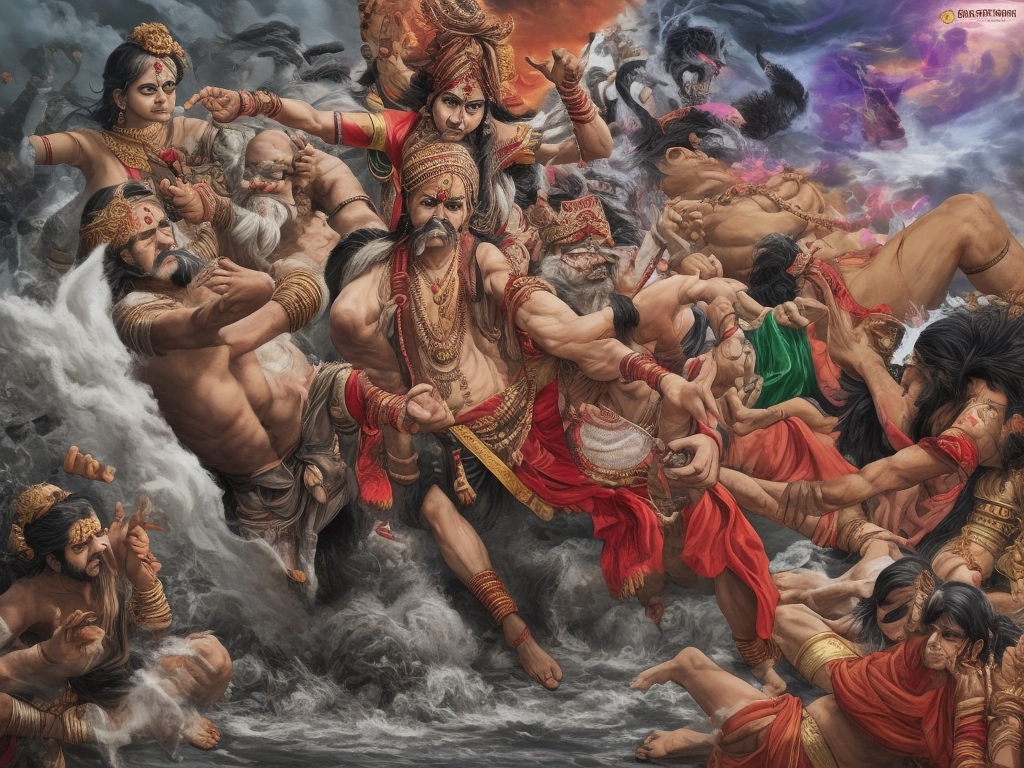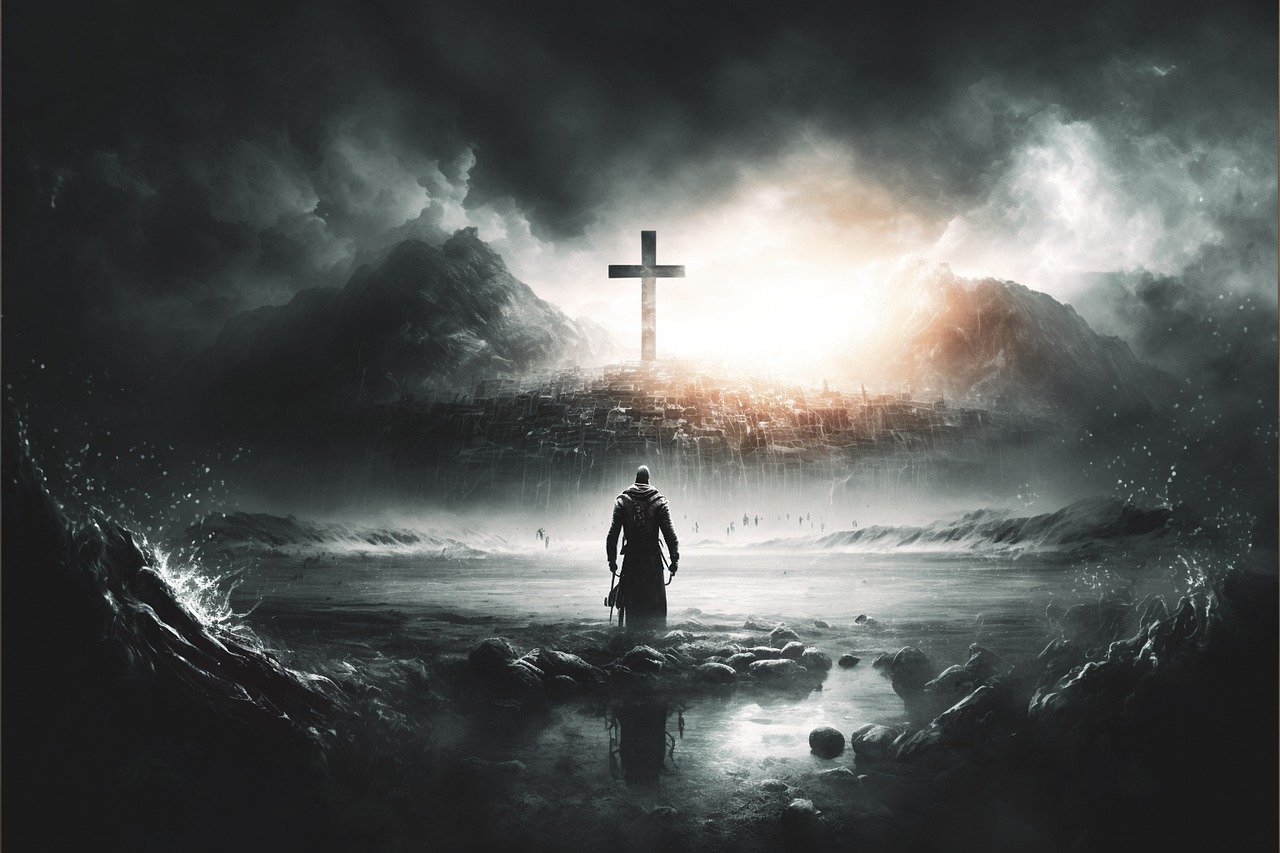Religious Prophets
Religious Prophets

Religious prophets are figures believed to have been chosen by a divine entity to deliver messages, teachings, and guidance to humanity. They are central to many of the world's major religions. Here’s an overview of some of the most significant prophets in various religious traditions:
1. Judaism:
- Moses: One of the most important prophets in Judaism, Moses is credited with leading the Israelites out of slavery in Egypt and receiving the Ten Commandments from God on Mount Sinai. He is traditionally regarded as the author of the Torah, the first five books of the Hebrew Bible.
- Isaiah, Jeremiah, and Ezekiel: These prophets are key figures in the Nevi'im (Prophets) section of the Hebrew Bible. Isaiah is known for his visions of the future Messianic age, Jeremiah for his warnings about the destruction of Jerusalem, and Ezekiel for his dramatic visions and prophecies during the Babylonian exile.
2. Christianity:
- John the Baptist: A prophet in Christianity who is considered the forerunner of Jesus Christ. He preached about repentance and baptized Jesus, proclaiming him as the Messiah.
- Jesus Christ: While Jesus is regarded as the Son of God and the central figure in Christianity, he is also considered a prophet. His teachings and miracles, as recorded in the New Testament, are seen as fulfillment of Old Testament prophecies.
- Paul the Apostle: Though not traditionally called a prophet, Paul played a pivotal role in spreading Christianity and his epistles contain prophetic teachings about the end times and the return of Christ.
3. Islam:
- Muhammad: The final prophet in Islam, Muhammad is believed to have received the Quran, the holy book of Islam, through revelations from Allah (God). His life and teachings are considered a perfect example for Muslims to follow.
- Isa (Jesus): In Islam, Jesus is regarded as a prophet and messenger of God, rather than the Son of God. He is believed to have performed miracles and will return before the Day of Judgment to restore justice.
- Other Prophets: Islam recognizes many prophets who are also found in the Judeo-Christian tradition, such as Adam, Noah, Abraham, Moses, and David, among others.
4. Zoroastrianism:
- Zoroaster (Zarathustra): The founder of Zoroastrianism, Zoroaster is believed to have received revelations from Ahura Mazda, the supreme god. His teachings emphasize the duality of good and evil and the importance of choosing the path of righteousness.
5. Bahá'í Faith:
- Bahá'u'lláh: The founder of the Bahá'í Faith, Bahá'u'lláh is considered the most recent in a line of prophets that includes figures from other major religions, such as Moses, Jesus, Muhammad, and Zoroaster. His teachings focus on the unity of all religions and the oneness of humanity.
- The Báb: The forerunner of Bahá'u'lláh and a prophet in his own right, the Báb's mission was to prepare the way for Bahá'u'lláh and to initiate a new religious era.
6. Hinduism:
- Vyasa: Vyasa is traditionally considered the compiler of the Vedas and the author of the Mahabharata, including the Bhagavad Gita. He is regarded as a sage and seer, with the title "Vyasa" meaning "compiler" in Sanskrit.
- Rama and Krishna: While not prophets in the Abrahamic sense, Rama and Krishna are considered incarnations (avatars) of the god Vishnu in Hinduism. Their lives and teachings, as described in the Ramayana and Mahabharata, provide moral and spiritual guidance to followers.
7. Buddhism:
- Gautama Buddha: Siddhartha Gautama, known as the Buddha, is the founder of Buddhism. His teachings about the nature of suffering, the path to enlightenment, and the cycle of rebirth form the foundation of Buddhist philosophy and practice.
8. Sikhism:
- Guru Nanak: The founder of Sikhism, Guru Nanak is considered the first of the ten Sikh Gurus. His teachings emphasized the oneness of God, the equality of all people, and the importance of living a truthful and honest life.
- The Ten Sikh Gurus: Following Guru Nanak, the next nine Gurus continued to guide the Sikh community, with each contributing to the development of Sikh teachings and practices. The Guru Granth Sahib, the Sikh holy scripture, is considered the final and eternal Guru.
Conclusion:
Prophets are central figures in many religious traditions, serving as messengers, teachers, and guides. Their teachings and actions continue to influence billions of people around the world, shaping religious beliefs, practices, and cultures.

- Details
- Category: Religious Prophets
The Bible Is Not a History Book or a Book of Prophecy — And That Matters
Read more: Why the Bible Isn’t a History Book or a Prophecy Manual

- Details
- Category: Religious Prophets
"The Rapture" is a concept in Christian eschatology, particularly within certain Protestant and Evangelical traditions, that describes a future event in which believers in Jesus Christ will be taken up, or "raptured," to meet Christ in the air. This event is often believed to precede a period of tribulation on Earth and the second coming of Christ.
Read more: Understanding the Rapture: Various Interpretations.

- Details
- Category: Religious Prophets
The concept of a 2,700-year Kali Yuga cycle doesn't fit with traditional Hindu cosmology, which sees Kali Yuga lasting 432,000 years. But some modern takes or alternative theories might suggest different Yuga durations including shorter cycles.
Read more: Alternative Kali Yuga Theories: Shorter Cycles Explored

- Details
- Category: Religious Prophets
The reality of religious prophets is a complex and multifaceted subject that blends historical fact, religious belief, and interpretation. Prophets are revered figures in many religions, believed by their followers to have received divine revelations. The understanding of their reality often depends on one's perspective—whether religious, historical, or skeptical.
Read more: Understanding the Complexities of Religious Prophets: Perspectives and Interpretations